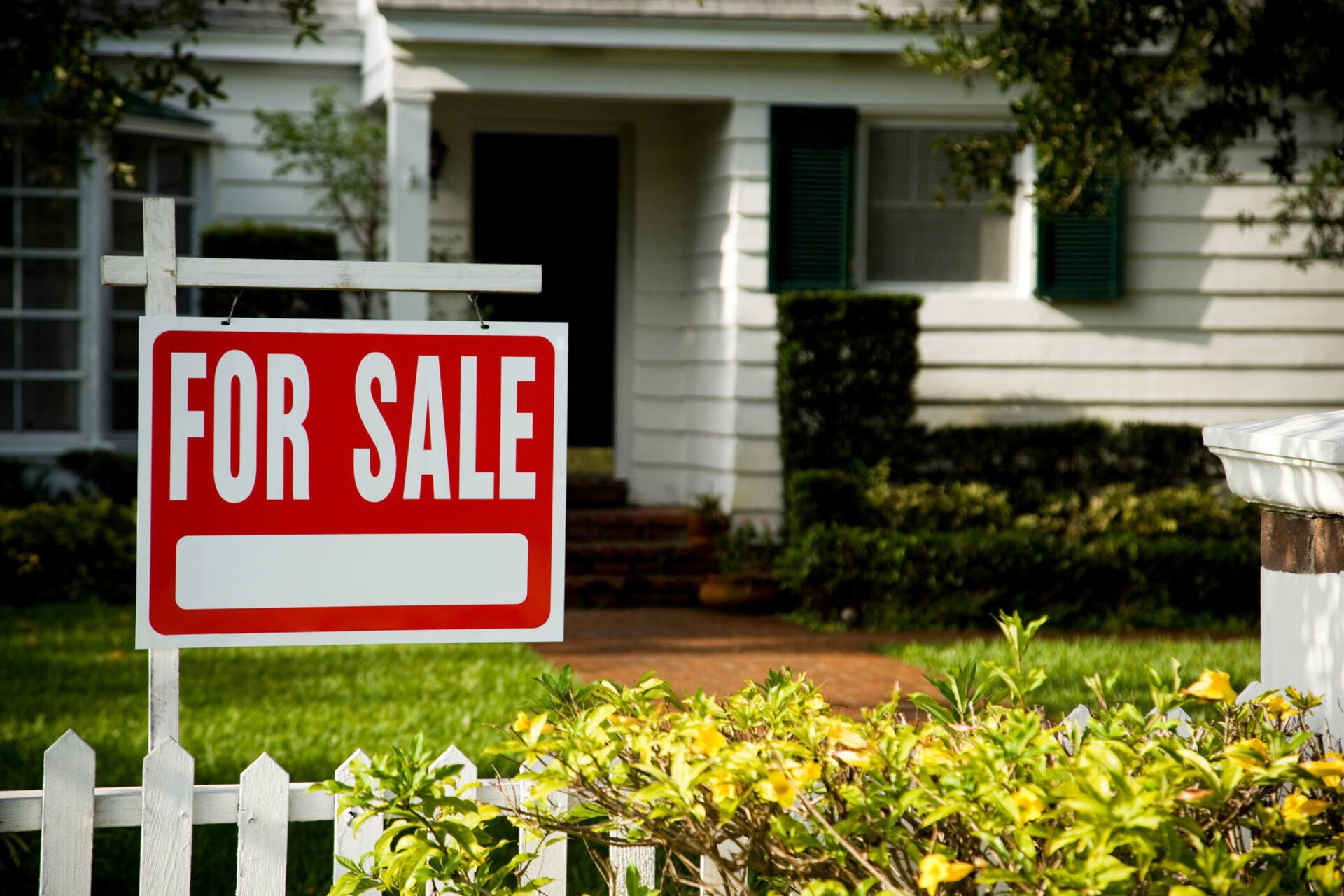Let’s start high, we can always drop the price.
Sure, you can do that, but pricing ahead of the market is always better, if you are truly ready to sell.
Having a property on the market for an extended period can have several potential drawbacks and negative implications in the world of real estate. Here are some reasons why it’s generally not considered ideal to have a property on the market for too long:
- Stale Perception: Properties that linger on the market for a significant amount of time can develop a perception of being “stale” or less desirable. Buyers may wonder why the property hasn’t sold and may assume there’s something wrong with it, even if there isn’t.
- Lower Offers: Buyers may use the length of time a property has been on the market as leverage to make lower offers. They might assume that the longer a property remains unsold, the more motivated the seller will be to accept a lower price.
- Reduced Negotiating Power: As time goes on, sellers might find themselves with less negotiating power. They could be more willing to make concessions or accept offers that are less favorable due to the desire to finally sell the property.
- Increased Carrying Costs: Sellers are responsible for various costs while a property is on the market, such as mortgage payments, property taxes, insurance, and maintenance. Prolonged time on the market can lead to higher financial burdens.
- Market Perception: A property’s prolonged presence on the market might lead potential buyers to believe that the local market is slow or that the property is overpriced relative to other options.
- Competing Listings: If new and more attractive listings enter the market, your property could face increased competition and potentially get overlooked.
- Agent and Seller Fatigue: Continuously marketing a property that doesn’t sell can lead to frustration and fatigue for both the seller and the listing agent.
- Market Perception: A property’s prolonged presence on the market might lead potential buyers to believe that the local market is slow or that the property is overpriced relative to other options.
It’s important to note that the time a property spends on the market can be influenced by various factors, including the local real estate market conditions, the property’s price, its condition, the effectiveness of the marketing strategy, and more. If a property has been on the market for an extended period, it may be a good idea for the seller to reassess their pricing, marketing approach, and any potential improvements or updates that could make the property more attractive to buyers.







